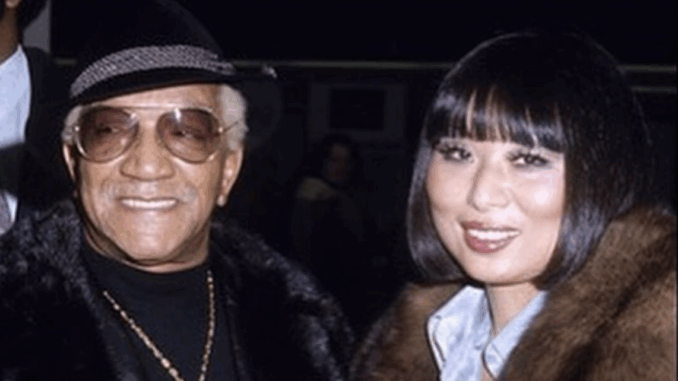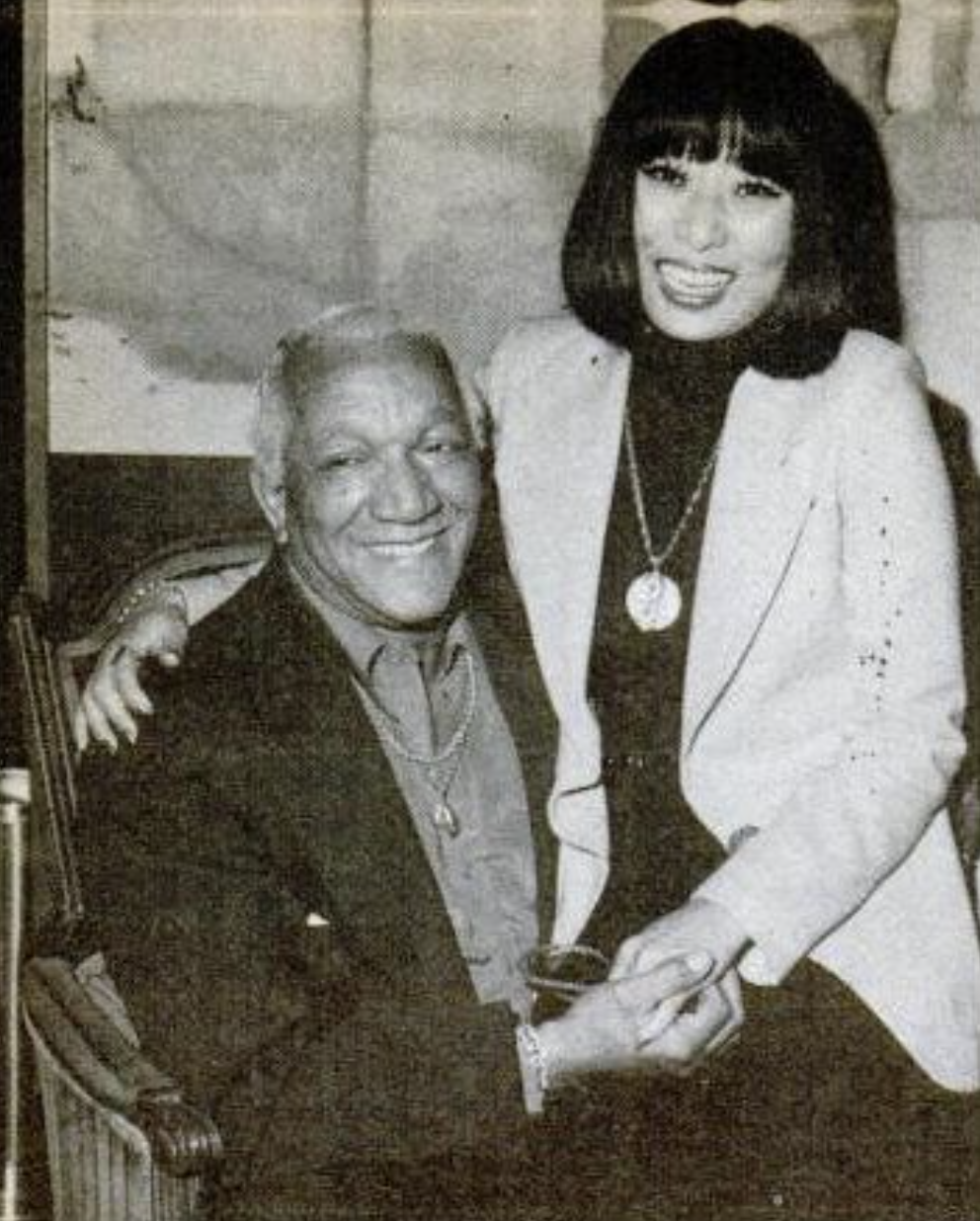
To millions, Redd Foxx will forever be synonymous with Fred Sanford, the cantankerous, loud-mouthed, and perpetually scheming junkman from the iconic sitcom Sanford and Son. On television, he was a master of the comedic rant, quick to stir up trouble, and rarely seen without a cutting remark or a dramatic, fake heart attack. Yet, the man behind the legendary character was, in reality, a stark contrast to his boisterous on-screen persona.
Off-screen, Redd Foxx was known to be profoundly private, introverted, and surprisingly averse to noise and commotion. While his public image was that of an outlandish comedian, those who knew him personally painted a very different picture.
Friends and colleagues often recounted that “he would turn on the jokes when the cameras were rolling. But when the cameras were off, he became a very pensive person, who liked to draw and play the piano by himself.” This quiet, introspective side of Foxx was a surprise to many, revealing a depth that the public rarely saw. He found solace in solitary creative pursuits, a stark contrast to the chaotic energy of Fred Sanford.
While audiences roared with laughter at the “outraged old man” on their screens, behind the scenes was a solitary artist. This quiet giant also had a profound impact on the world of comedy, often silently mentoring and championing a new generation of stand-up greats. He was instrumental in helping launch the careers of many young comedians, including legends like Richard Pryor and Eddie Murphy, offering advice, support, and opportunities without seeking the spotlight for himself.

Don’t let the laughter deceive you – Redd Foxx was the quiet, beating heart of a generation of comedy. His legacy isn’t just in the uproarious laughter he created as Fred Sanford, but also in the silent, profound impact he had on the art form and the many lives he touched. He was a complex individual, a brilliant comedian, and a testament to the fact that what you see on screen is often just one facet of a person’s true self.